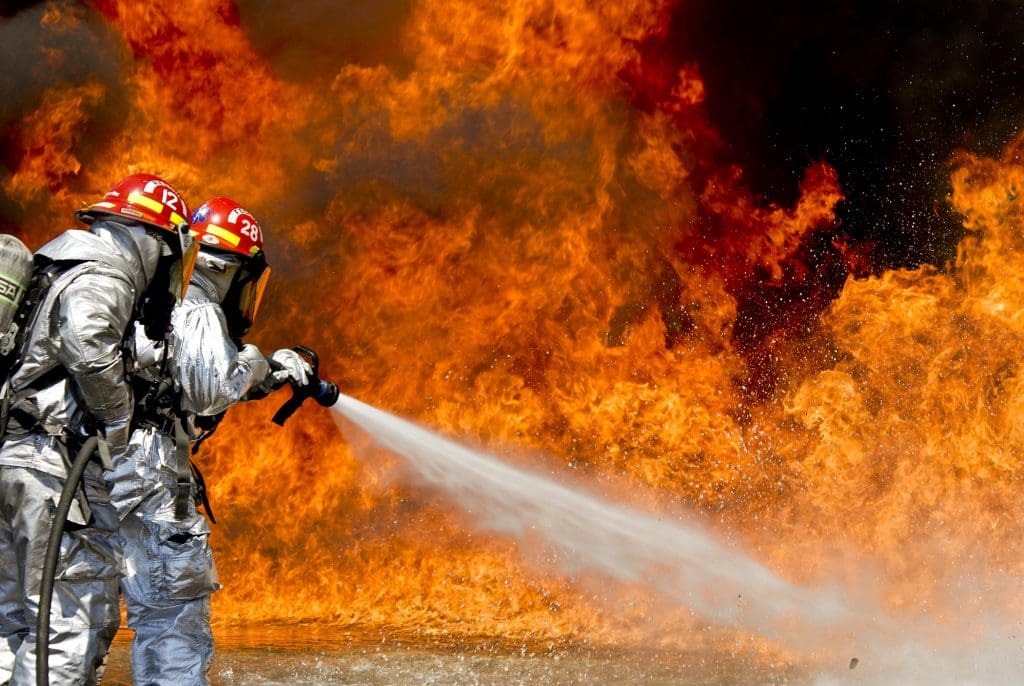In October 2013 Sydney awoke to a burnt orange sun, and a cloud of dust. The sunset was equally remarkable with a black cloud permeating in the sky as a dark orange sun; set to rest for the night. In this remarkable display of a darkened sky was confirmation of the bushfires which have devastated New South Wales.
The bushfires have affected various parts of New South Wales including the blue mountains areas. Information from the Rural Fire Service of NSW, shows the impacted areas including amongst others Katoomba, Oberon, Blackheath (“The Blue Mountains Region”) and Port Stephens.
With homes lost, animals dead and areas in turmoil the question turns on what is the Law and whether or not it is adequate.
Crimes Act 1900 (NSW)
In New South Wales the Bushfire Legislation is contained in the Crimes Act 1900 (NSW) (“The Act”). Division 5 deals with bush fires and has only two sections, which are as follows:-
CRIMES ACT 1900 - SECT 203D
203D Definitions in this Division:
- "causing a fire" includes:
- (a) lighting a fire, or
- (b) maintaining a fire, or
- (c) failing to contain a fire, except where the fire was lit by another person or the fire is beyond the control of the person who lit the fire.
- "firefighter" means a member of a fire brigade under the Rural Fires Act 1997 or the Fire Brigades Act 1989 or of any other official firefighting unit (including a unit from outside the State).
- "spread" of a fire means spread of a fire beyond the capacity of the person who causes the fire to extinguish it.
203E Offence:
(1) A person: (a) who intentionally causes a fire, and (b) who is reckless as to the spread of the fire to vegetation on any public land or on land belonging to another, is guilty of an offence. Maximum penalty: Imprisonment for 14 years.
(2) For the purposes of this section, recklessness may also be established by proof of intention.
(3) A person is not criminally responsible for an offence against this section if: (a) the person is a firefighter or acting under the direction of a firefighter, and (b) the person caused the fire in the course of bushfire fighting or hazard reduction operations.
(4) If on the trial of a person for an offence against this section the jury is not satisfied that the accused is guilty of the offence charged but is satisfied on the evidence that the accused is guilty of an offence against section 100 (1) of the Rural Fires Act 1997 , it may find the accused not guilty of the offence charged but guilty of the latter offence, and the accused is liable to punishment accordingly.
The Management of Bushfires is regulated by the Rural Fires Act (1997) NSW (“Rural Fires Act”). The Act was proclaimed in September 1997 and superseded the Bush Fires Act, 1949. The act is read in conjunction with the Rural fire Regulation 2002.
The act has 7 parts which deal with the set up and conduct of the NSW Fire Service, the approach and co-ordination of bushfire fighting, bush fire prevention, the NSW rural fighting fund, the bushfire advisory council and miscellaneous matters.
Section 100 creates an offence for a person who without authority lights a fire or sets a fire, the liability is extended to an owner/occupier of the land who permits fire to escape the land under circumstances as to cause or is likely to cause injury/damage.
Some interesting sections of the Rural Fires Act:
- Section 99 – “Total Fire ban”, provision is made for a total fire ban in certain circumstances, this includes lighting a fire in “open air”, including for cooking a meal or having a BBQ; è
- Section 81 – “General Bush fire danger period” – from 1 October to 31 March each year; è
- Division 6A – Insurance companies are required to contribute annually to a rural fire brigade contribution. Owner/occupiers may be responsible for this payment if it is otherwise payable by a foreign insurance company.
The legislation has not been completely successful in eradicating bushfires in NSW as evidenced by the recent circumstances; however there are mechanisms in place for prevention and crisis control. For those who have been affected by bushfires our thoughts and prayers are with you.
If you are facing criminal charges as a result of bushfires, or have been affected by bushfires, please contact us on 02 8917 8700.

